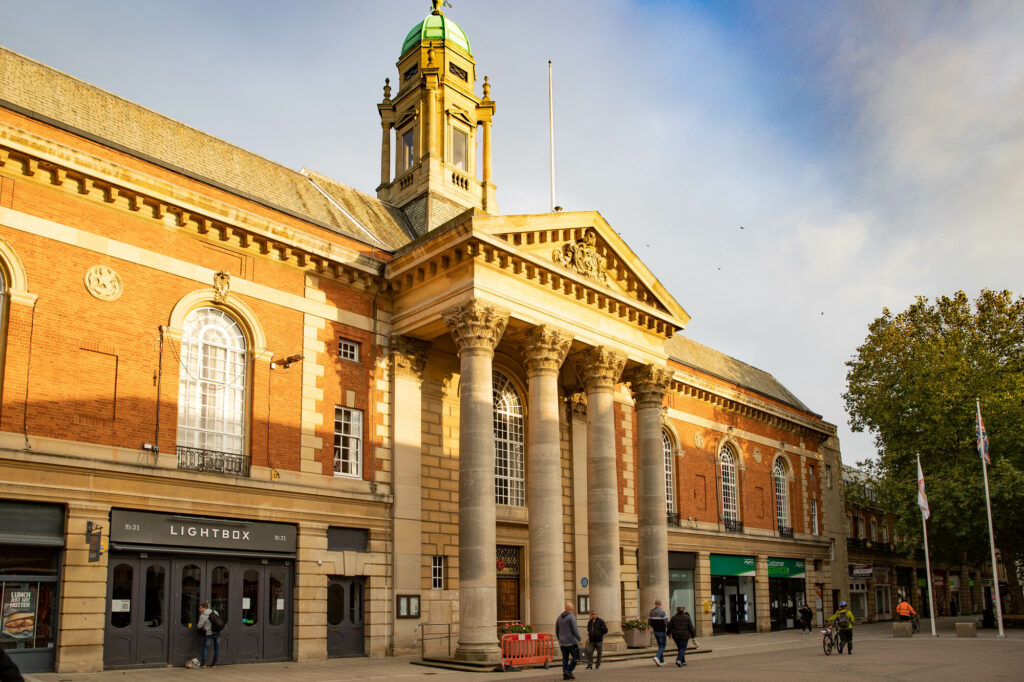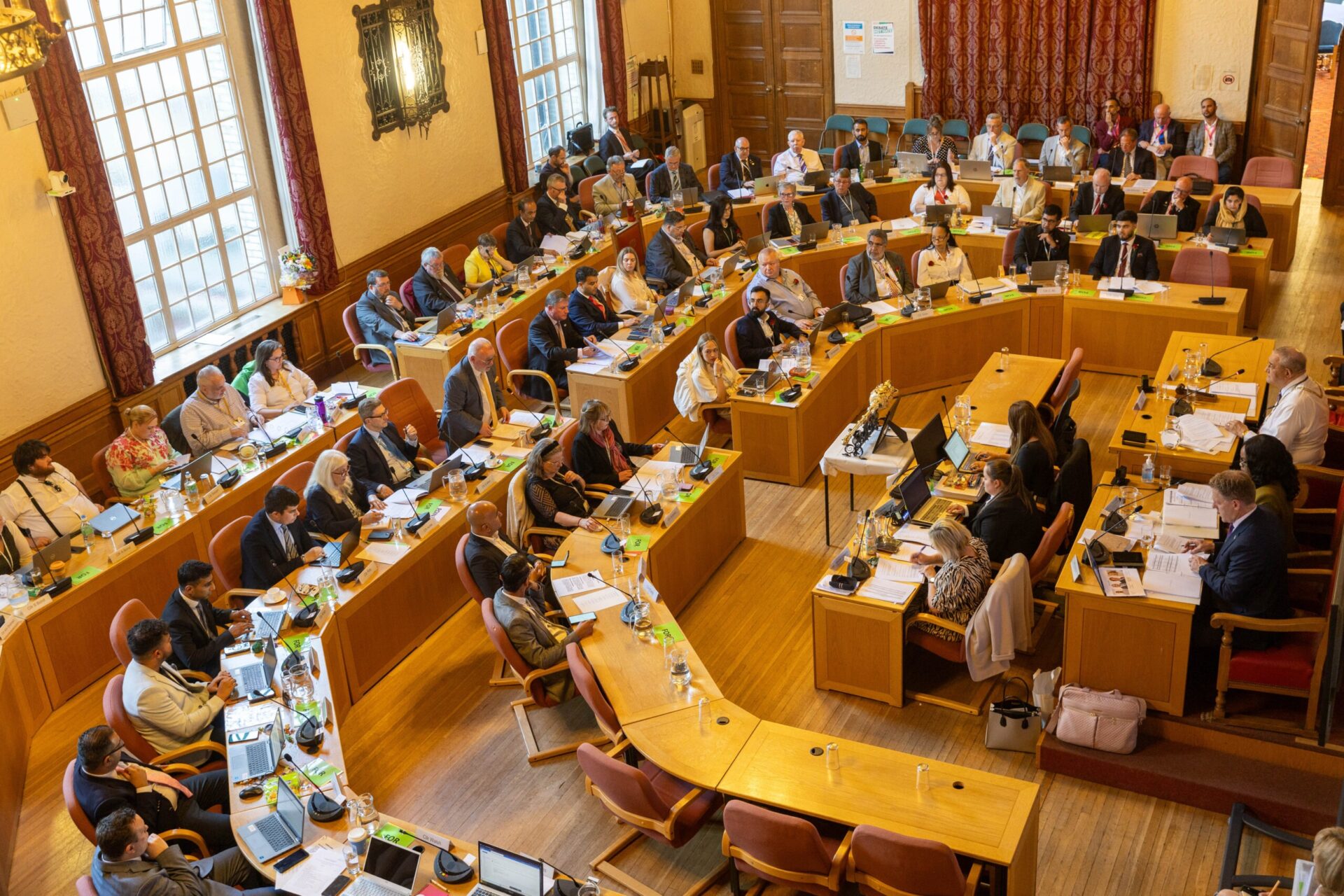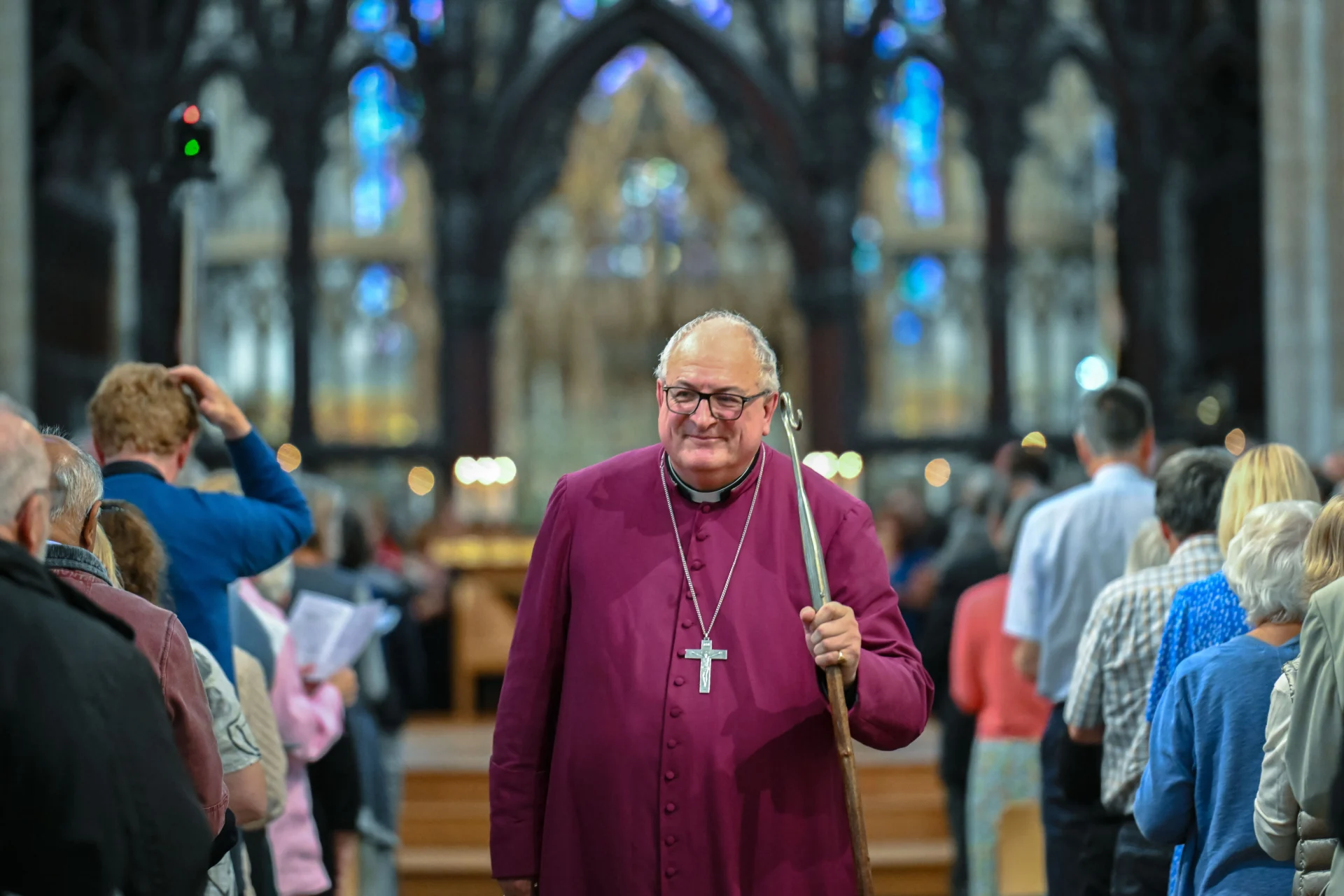Peterborough City Council is asking residents whether they would support a rise in Council Tax above the national limit to protect vital services — as it battles soaring demand, shrinking reserves, and a £527 million debt mountain.
Launching its 2026/27 budget consultation, the council warns that “tough choices remain about how we prioritise our spend on services” and that every pound raised locally could make a difference.
“Council Tax is one of the main ways we pay for local services in Peterborough,” the report says.
“Each year, the Government sets a limit on how much councils can increase Council Tax; we assume this will be 4.99% next year. Looking to 2026/27, raising Council Tax above the national limit (with government approval) is one of the ways we are considering meeting our funding challenge.”
Officials estimate that each extra 1% rise above the 4.99% cap “could generate an additional £1.1 million of income. This is money we could use to protect services.”
What would you pay more for?
The consultation — open 14 October to 25 November 2025 — directly asks residents which services they would prioritise for extra funding if a higher rise were agreed.
Options include:
- “Investing more in leisure, including a new indoor swimming pool.”
- “Providing additional support for people who are on low incomes and struggling the most.”
- “Investing more in keeping the city cleaner and greener.”
- “Investing more into youth services.”
- “Protecting libraries and culture services.”
Residents can also say how comfortable they would be with reductions in spending across different areas and share ideas for making savings or increasing income.
“As always, your feedback is important to us,” the report says. “This year you can get involved and tell us about your views on the different options for Council Tax.”
Balancing the books
Every year, the council must legally set a balanced budget, but the task “has become more difficult” amid “significant increases in demand for services – in areas such as adults’ services, children’s services, and housing needs – and the rising costs of providing these.”
At the start of the financial year, Peterborough faced a budget gap of £9.3 million for 2026/27. A new Government Fairer Funding review, launched in June, may improve the city’s fortunes by “better reflecting the latest statistical data, local demand and deprivation.”
Based on Government modelling, officials estimate the gap “could reduce… to £2.3 million and put us into a healthier financial position in the years that follow.” By year three, funding “is projected to increase by approximately £25 million.”

But until the numbers are confirmed in December, the council says it “must plan for the eventuality that [the gap] may be as high as £9.3 million.”
Debt, demand and dwindling reserves
The city’s debt now stands at £527 million, the result of years of investment in schools, roads, regeneration, and infrastructure.
“With interest rates remaining high, this impacts the council’s cost of borrowing,” the report warns. “The interest and repayments that we pay on this borrowing is £38 million annually.”
The council insists this borrowing has funded vital projects — “£120 million to build new schools,” “£100 million for new roads,” and “£76 million to design and build the Energy from Waste Plant at Fengate,” which generates income and saves landfill charges.
Even so, officials admit the council’s reserves — its emergency fund — have been “significantly reduced over recent years, decreasing from £70 million at the end of 2022/23 to £24 million at the end of 2024/25.”
“Our General Fund Reserve should ideally be 5% of our net revenue budget which equates to £12 million. As we are forecasting this reserve to be at £2 million by year-end, this means we need to boost our balances by £10 million.”
The rising cost of care and homelessness
Peterborough’s growing population and social needs continue to stretch budgets. In Adult Social Care, there were 5,882 new requests for support in the past year — a 13% increase in people needing long-term care.In Children’s Services, referrals rose again to 3,850 in 2024/25, while Education, Health and Care Plans (EHCPs) for children with special needs are up 54% in five years.
Homelessness also remains high, with “70 households per week” seeking help. The report highlights that “our Core Spending Power is £1,016 per resident, compared to our comparators… at £1,126 per resident. If the council was funded to the same level, we would have an additional £20 million available to fund services.”
Keeping services going
Despite the pressures, the council says it continues to “touch the lives of thousands of residents every day.”
In the past year alone, it has:
- Collected 7.4 million bins, recycling 34,800 tonnes of waste.
- Supported 2,886 people with long-term care packages.
- Helped 86 schools and three colleges to educate 40,000 children.
- Repaired 3,453 potholes and resurfaced 34 kilometres of road.
- Issued £2.5 million in supermarket vouchers for children on free school meals.
However, officials say the combination of debt repayments, inflation and service demand means “service demand and costs increasing year on year outstripping the increase in funding we receive to deliver services.”
A plan to ‘reset, recover and redesign’
The report outlines a three-part plan to make finances sustainable.
Reset means “improving the robustness of the plans underpinning the budget and service delivery,” while reviewing estimates for inflation, capital financing and funding.
Recover and rebuild focuses on rebuilding reserves, using a “Flexible Use of Capital Receipts Policy” to divert money from asset sales into savings.
And Redesign will “continue to build on the strengths and successful approaches we have introduced,” with an emphasis on early intervention, prevention and technology.
For example, “a technology-enabled care expert has been transformed into a chatbot to give advice to social workers 24/7 all year round… saving the team on average 15 minutes per conversation.”
The council adds: “We will remain firmly focused on prevention, demand management and designing new ways of providing services, such as using new technology. This is how we will reach financial sustainability.”
‘Every pound counts’
With a debt of £527 million, dwindling reserves and rising care costs, the council insists that local contributions through Council Tax will play a critical role in the coming years.
“Peterborough’s Band D rate of Council Tax currently benchmarks as one of the lowest in the country,” the report points out — but that may not last.
“We know the level of tax that our residents pay will need to increase when a new authority is formed as part of Local Government Reorganisation, to bring us in line with the rates paid by other residents in Cambridgeshire.”
The message is clear: “We must continue to look for ways to make our services as cost-efficient as possible,” but “tough choices remain.”
The consultation, they say, is a chance for residents to help shape those choices. “Your feedback is important to us,” the report concludes. “This consultation seeks your views on our approach to budget setting in 2026/27 and beyond.”
To take part, visit www.peterborough.gov.uk/budget, email communications@peterborough.gov.uk, or call 01733 747474 for a paper copy.
Responses will guide the draft budget, due to be published in January 2026 — a moment that could define how much Peterborough pays, and what kind of city its residents can afford to build.



















